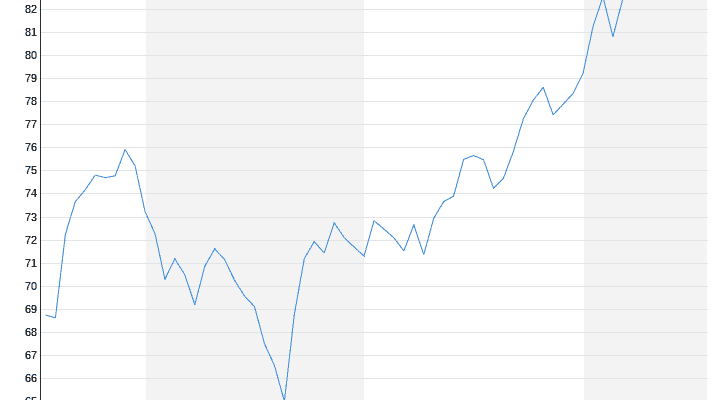Tuesday, October 19, 2021
Admission to coalition talks
Lindner wants to negotiate fuel prices
The fuel prices are currently at a record level in Germany. Above all, the high level of taxes and duties is causing discussions. FDP leader Lindner sees politics as an obligation and says he will talk about it at the negotiating table with the SPD and the Greens.
In view of the steep rise in fuel prices, FDP boss Christian Lindner has announced that the issue will be included in the upcoming coalition negotiations with the SPD and the Greens. “There is no doubt that there is also a need for action in politics,” he said in an interview with RTL and ntv. “We have a very high tax burden on all energy sources.”
In the exploratory talks so far there has been no talk of containing the rising fuel prices. According to Lindner, that should change in the upcoming coalition negotiations. He expects the talks to start on Thursday.
Diesel is now more expensive in Germany than ever before. In the nationwide daily average on Sunday, the price was 1.555 euros per liter, as the ADAC announced on Monday. This slightly exceeded the previous record of August 26, 2012. Petrol is also nearing its peak: Super of the E10 variety was 1.667 euros per liter on Sunday. This means that only 4.2 cents are missing from the record on September 13, 2012.
Oil price is increasing enormously
The fuel prices have been rising for months. The main driver is the oil price. It is picking up with the recovery of the economy after the corona shock and has roughly doubled within a year. Investors worry about insufficient supply before the winter months. The North Sea variety Brent, which is important for Europe, was at times more expensive on Monday with prices around 86 dollars per barrel (159 liters) than it has been for three years.
In the case of diesel, the increase is also reinforced by the high demand for heating oil that is typical of autumn. Since the beginning of the year, the carbon dioxide price of 25 euros per ton has resulted in an additional surcharge of around 6 to 8 cents per liter including VAT. The development is particularly drastic if you compare it with the previous year. At that time, oil and fuel prices had reached lows due to the Corona crisis before the trend reversal occurred at the beginning of November 2020.
Dispute over taxes
The price spiral is also causing political debates. A large part of the fuel price at the petrol pump is made up of mineral oil tax, VAT and the price of CO2: At the current price level, this amounts to around 78 cents per liter for diesel, and between 97 and 98 cents for premium gasoline.
The middle class is therefore demanding immediate relief for the economy and consumers. “From the point of view of the middle class, the mineral oil tax should be reduced temporarily and the commuter allowance increased noticeably”, said the chief economist of the Federal Association of Medium-Sized Businesses, Hans-Jürgen Völz, to the newspapers of the Funke media group.
“The explosion in fuel prices is putting a massive strain on the economy, endangering jobs, growth and prosperity,” said Völz. “At the end of the year, the Corona crisis threatens to be superseded seamlessly by a veritable economic crisis, while other European states around us are recovering economically.”
